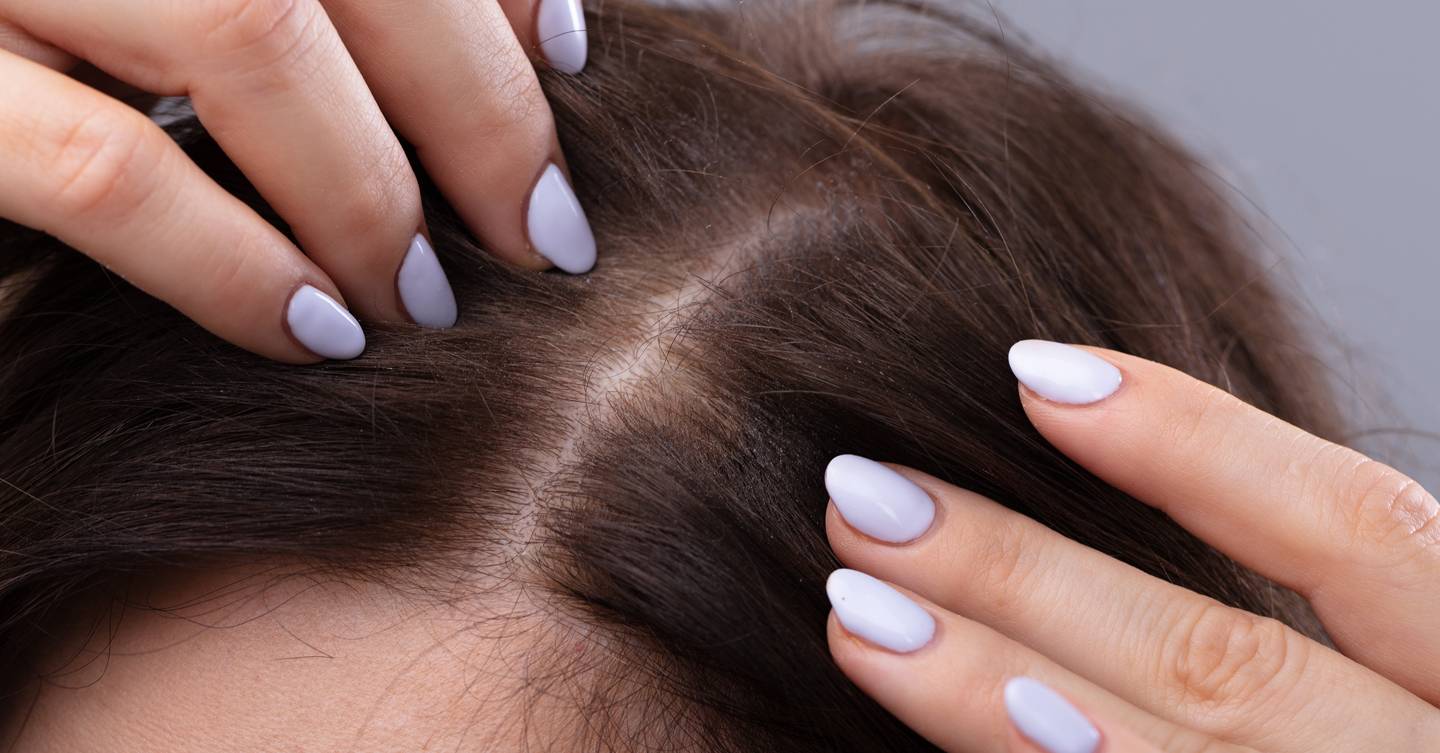All products are independently selected by our editors. If you buy something, we may earn an affiliate commission.
After being on the pill for 14 years, I decided to finally come off it three months ago. Trust me, it wasn’t an easy decision. I was one of those lucky people who never suffered from any of the contraceptive pill side-effects – if anything, I thought Cilest and I would never part. After all, it cleared up my 18-year-old hormonal spots within weeks and I never suffered from migraines, mid-cycle spotting or massive weight gain.
The problem was, I realised I didn’t really know my body that well. I’m 32, I’ve been married for almost three years and babies are not far off (although, not quite yet…) I wanted to come off the pill to make sure my periods were OK and to see if I was ovulating – things my 18-year-old self wouldn’t have even considered.
My biggest concern was that I might develop acne – after having pretty clear skin for 14 years, no one wants to stop taking a medication that might reverse a clear complexion. I’d read almost every article online about people’s experiences coming off the pill before I made the leap and many recommended taking Evening Primrose Oil Capsules for helping combat menstrual pain and spots so I started as soon as I stopped taking Cilest.
I’m now over the three month line. I’ll be honest, I didn’t really notice any sudden changes aside from feeling generally more relaxed and less OCD about certain things like tidiness. I wasn’t sure if that was just me feeling like that post-Christmas or it was the hormones.
I was relieved when my body literally, almost immediately, swung back into action. I downloaded Flo after a friend recommended it and my first period came exactly 28 days later, as the app predicted. I know some experts say that the first bleed is still linked to the pill but my next two all arrived exactly on time. I was also ovulating again – for the first month the pain was pretty intense. It was one I had forgotten but now I don’t notice it – I really do think that the evening primrose has helped with this
However, it’s not been all plain-sailing. I recently noticed my hair was greasy – really greasy. I’m usually a every-two-days hair washing kind of girl, now I find by the second day, it’s hard to hide it without gallons of dry shampoo.
I thought the greasiness might have something to do with a new shampoo, maybe it was causing those little bumps along my hairline too. Perhaps it was too rich for my hair.
Then the flakes started, nothing major – we aren’t talking severe dandruff but something new for me. My scalp was oily but somehow dry at the same time – how is this even a thing?
It turns out, it is.
According to Elite Aesthetics‘ Dr Shirin Lakhani[/link]”When women go through menopause they can get dry skin across their face and body – including the scalp. The hormone shifts when stopping contraception could also mimic that.”
That science makes total sense. Since the pill can slow down the production of sebum, if your scalp hasn’t been producing it while and then suddenly starts up again, it can cause a build up leading to an itchy scalp and greasy roots.
I’ve recently started using Neutrogena’s T/Gel Anti-Dandruff Shampoo for Oily Scalp which contains Salicylic Acid and I think things are starting to improve.
The hormone changes might also account for my bumpy forehead – I’ve noticed a little cluster of spots mostly near my hairline and I’m not sure if it’s mild acne.
Dr Shirin Lakhani says that’s pretty common. “Acne is triggered by excess production of sebum – an oil made by glands in your skin. Ordinarily, a woman’s ovaries and adrenal glands produce a low level of androgens but higher levels can lead to an excess level of sebum which causes acne.”
“Taking a hormonal pill that contains oestrogen and progesterone will lower the amount of androgens within the body which tells the body to produce less sebum. Patients do often find that they experience less severe acne.”
“However, acne can often be caused as hormone levels shift, whether it’s at the start of puberty, when a woman experiences menopause, when a woman is premenstrual or of course when starting or coming off the hormonal pill.”
“Because of this, coming off the contraceptive pill can lead to pimples, skin inflammation or increased oil production which in turn can result in greasy hair and spots around the hairline while the hormone levels regain their balance. In darker skin types this can also lead to pigmentation.”
I know I’m still in the early days and I need to be patient and let my hormone levels settle down. In the meantime, for anyone going through the same skin issues, Dr Shirin Lakhani recommends using “a gentle cleanser in the morning and evening. Avoid harsh exfoliation and chemicals which can exacerbate sensitive skin. Follow your cleanser with a hydrator and a broad-spectrum SPF throughout the day”
“To combat spots around the hairline in particular, I’d suggest avoiding oily hair products such as argan oil.”
“I’d also recommend using a cosmeceutical range like ZO Skin Health at Elite Aesthetics. This has incredible results by targeting oil production, cleansing and exfoliating the skin, removing the bacteria, restoring a healthy skin barrier function and restoring a normal skin cycle. By adding in Retinols, you can also improve the texture of skin including acne scarring by helping with the production of fresh skin cells.”
